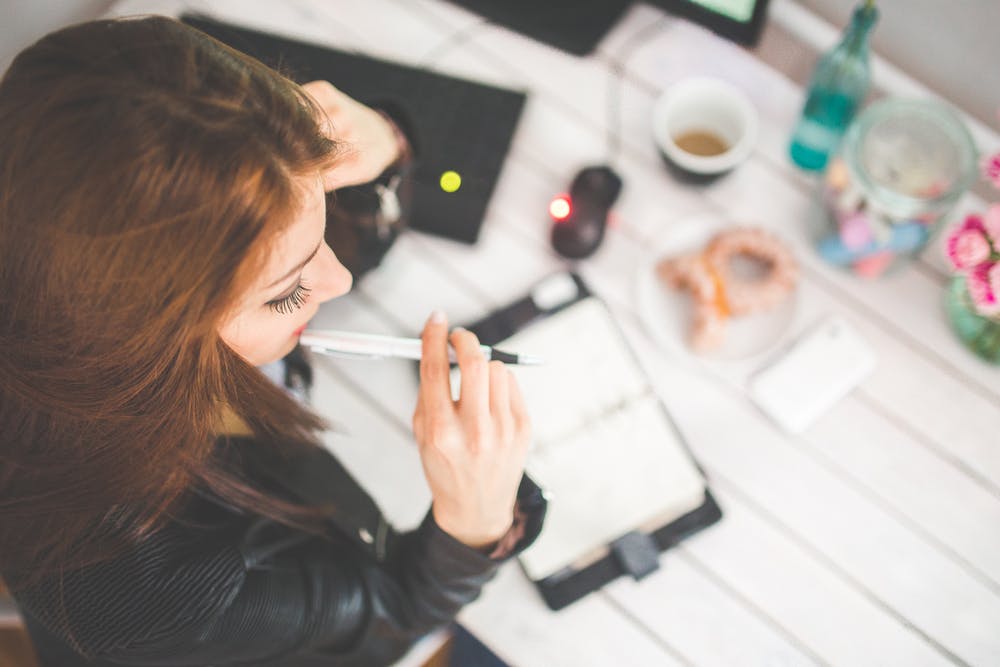Why we Procrastinate Organizing our Homes and Lives

The Psychology of Procrastination
Of course, we associate procrastination with home organizing. Gratefully, last week I read a great article in the NY Times. https://www.nytimes.com/2019/03/25/smarter-living/why-you-procrastinate-it-has-nothing-to-do-with-self-control.html I highly recommend the read. After researching and participating in DBT (Dialectical Behavioral Therapy) and also CBT (Cognitive Behavioral Therapy), I can indeed relate to “emotional regulation” as being a core reason why we procrastinate. It is not that we are lazy, it is that there is an emotional detachment or attachment to procrastinating.
“Procrastination is an emotion regulation problem, not a time management problem,” said Dr. Tim Pychyl, professor of psychology and member of the Procrastination Research Group at Carleton University in Ottawa. It is not laziness.
It is not in capability, talent or lack of skills and education – it is an emotional block.
“Overwhelmed” is the description that I have heard for decades from clients about how they feel when they look at their unorganized closet, home-offices, kids rooms, bedrooms, cluttered kitchen cabinets and their over-all lives. I understand the burdonsome procrastination phenomena, as I have procrastinated writing this procrastination article for one week. Irony 5000!
HOW TO STOP PROCRASTINATING?
1.) Write down your intentions every morning or as soon as you can. Give purpose and meaning as to WHY you want to get the task done and how it will make you feel.
2.) Give yourself a reward after completing it: a food treat, a self-care treat or something that you don’t normally allow yourself to take the time to do. For me, it is painting my nails or toenails – getting them painted.
3.) Prioritize which task will bring the best rewards- professional or personal tasks. Then, organize your time to do it asap.
” In the case of procrastination, we have to find a better reward than avoidance — one that can relieve our challenging feelings in the present moment without causing harm to our future selves.”, said psychiatrist and neuroscientist Dr. Judson Brewer, Director of Research and Innovation at Brown University’s Mindfulness Center. He calls it the B.B.O. – Bigger Better Offer.
When we procrastinate we feel guilt, shame and self-loathing, which are not productive feelings.
However, the longer we procrastinate, the worse we feel about ourselves. I think of the consequences of “not doing it”
4.) Think of how you will “feel” after you have tackled this task and plan out your reward.
5.) Plan out your days – a big battle for me and for many of us. If you work for yourself, this is a MUST. If you work for others – this is a MUST. If your work allows you the option of not constantly getting emails, pick a time to get emails. Our brains do not multi-task well, according to neuroscience. Another blog on that later…
Productivity Hacks and Procrastination Hacks are all over the internet
I found that the above New York Times article by Charlotte Lieberman summed it all up very well and also gives the “why” and what to start doing to uncoil the evil procrastination demon. Emotional regulation takes time and work but the only way to start being consistent is to “Do It Now.” . Procrastination and Home Organizing go hand in hand, but they don’t have to!
Contact us Now for a Free Organizational Consult and we can figure out how to create a plan to move forward and to start “New Habits” so the clutter won’t keep piling up in your home and most importantly, in your mind.
